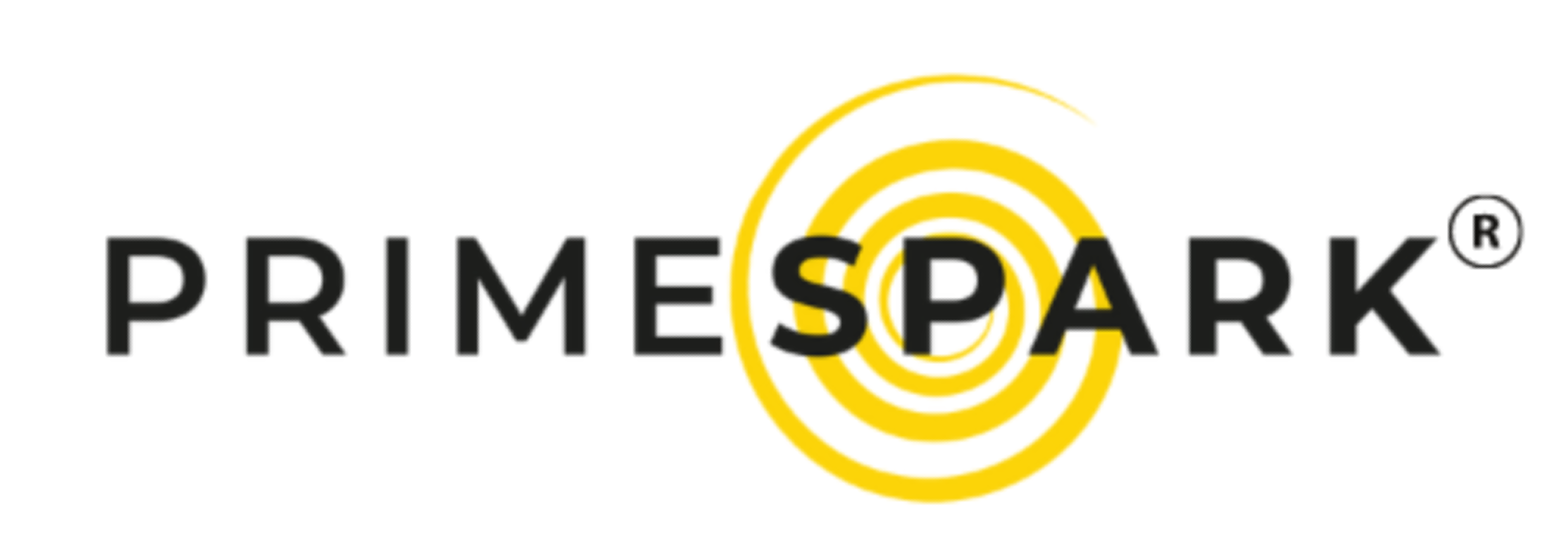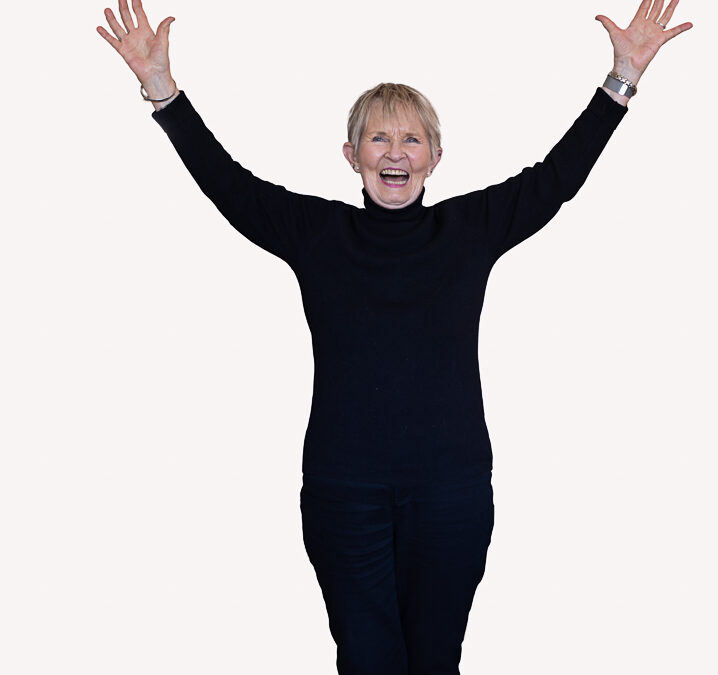I recently overheard someone say, “I need your guidance on this.” For some reason, I couldn’t stop thinking about the word “guidance.” When I Googled the word, I was presented with a list of synonyms from Oxford Languages that I stopped counting at forty-three. These ran all the way from “counsel” to “the lowdown.” They were under the first meaning of guidance, which was “advice or information aimed at resolving a problem or difficulty, especially as given by someone in authority.” (The second meaning offered was “the directing of the motion or position of something, especially a missile, as in a missile guidance system.”)
What is Guidance?
My Google search also revealed a table that listed what guidance is and what it is not. According to the list-maker, guidance is a process, assistance, and a service. It is not making decisions for others or pampering the learner.
There also are different types of guidance, like individual guidance (educational, vocational) and group guidance (orientation programs, career talks in a classroom setting). In fact, my first thought when I started pondering the word “guidance” was of a high school guidance counselor.
Women Over 50: Where Do You Get Your Guidance?
The more I thought about all this, the more intrigued I got. I started wondering where we get our guidance and how the source changes over time. For those who grow up in a moderately functional setting I suspect we get our guidance from the people who take care of us. If we have older siblings, for better or for worse, as we get a bit older we may take our guidance from them.
At some point, I suspect our primary guidance comes from our peers, often to the dismay of our parents or other caregivers. For some people throughout their lives a major guidance comes from a religious or spiritual community, or directly from God or another supreme being.
Does Guidance Shift?
When does the primary source of our guidance shift to come from our own internal guidance system? Does that happen for everyone or only for some people? And if not for everyone, how does this system develop for those who do come to rely on themselves to know what to do, what’s right and what is wrong, what path is the right one for them to take? And does it matter? I’m inclined to think it does matter, but I’m not sure I could explain exactly why I think that.
When I work with midlife and beyond women, many say that one of the joys of getting older is that they no longer care so much about what others think, that they feel like more of their own person. This sounds to me as if they’re relying more on their own guidance.
What Do You Think?
Where do you get your primary guidance at this point in your life? Is it different from when you were younger? If so, what enabled the change? How do you know whom or what to trust to guide you now?
Knowing the answers to these questions becomes more important for women as we get older. If we don’t determine our own guidance and the sources we trust, we may very well buy into the messages our society constantly is sending about what we should be like, how we should act, the kind of women we will be as we age. And most of these messages are out-of-date. They have very little to do with women who now are in their fifties, sixties, seventies. Think of the women you know in these age groups. Are they the irrelevant, helpless women depicted in many ads, TV shows, and movies? They are not.
Develop and use your own guidance system to determine the course of the next years of your life. Then you can make the rest of your life the best of your life. Women over 50, it is our time!
Learn More…
The Prime Spark Membership Community is designed for women age 50 (or close) and older to support one another. We learn and grow together while furthering the mission of Prime Spark. Membership currently is closed. If you’re interested in joining, please send an email to [email protected] and ask to be placed on the waitlist.
To learn more about Prime Spark, go to www.primesparkwomen.com.


Recent Comments